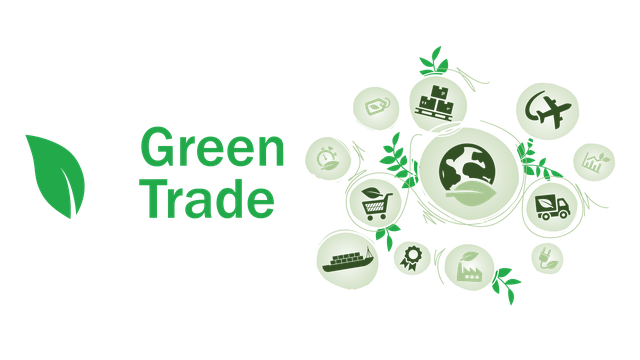UK, ADB help promote green trade in Asia, including Viet Nam
VGP - British International Investment (BII), the UK’s development finance institution (DFI) and the Asian Development Bank (ADB) announced a new partnership to finance up to US$100 million of green trade transactions in Asia, including Viet Nam.

The partnership will be managed through ADB's Trade and Supply Chain Finance Program (TSCFP) and will focus on renewable energy, energy efficiency and climate-smart agriculture to support the region's energy transition and climate resilience.
In South and South East Asia, two of the most vulnerable regions to climate change, enabling development of more renewable energy capacity and its supply chain is essential to achieve the region's sustainability goals.
Trade is a critical part of this as it enables the flow of goods that help regions to mitigate and adapt to the impacts of climate change.
However, it is estimated that there is a global trade finance gap of US$2.5 trillion annually, which means businesses lack access to the finance needed to trade energy transition goods for climate projects.
Furthermore, local banks are currently not able to fully meet the demand to provide longer tenors required to finance goods for climate related projects, particularly within the renewable energy sector.
The BII-ADB partnership aims to reduce the global trade finance gap and address this unmet demand for longer tenor for green transactions. The risk sharing agreement between the two organizations will help international banks increase their financing support to local banks, initially in Viet Nam, before expanding to other countries supported by BII and ADB.
This will provide crucial financing for local importers of solar panels, wind turbines, electric vehicles, and agricultural goods which will support the region to transition to cleaner sources of energy.
Andrew Mitchell, UK Minister for Development and Africa, said, this agreement between BII and the Asian Development Bank will unlock crucial green trade finance in Asia.
It demonstrates how, by working together, the development finance system can mobilize the private finance so urgently needed to support countries in their transition to low carbon, climate-resilient economies, he noted./.
